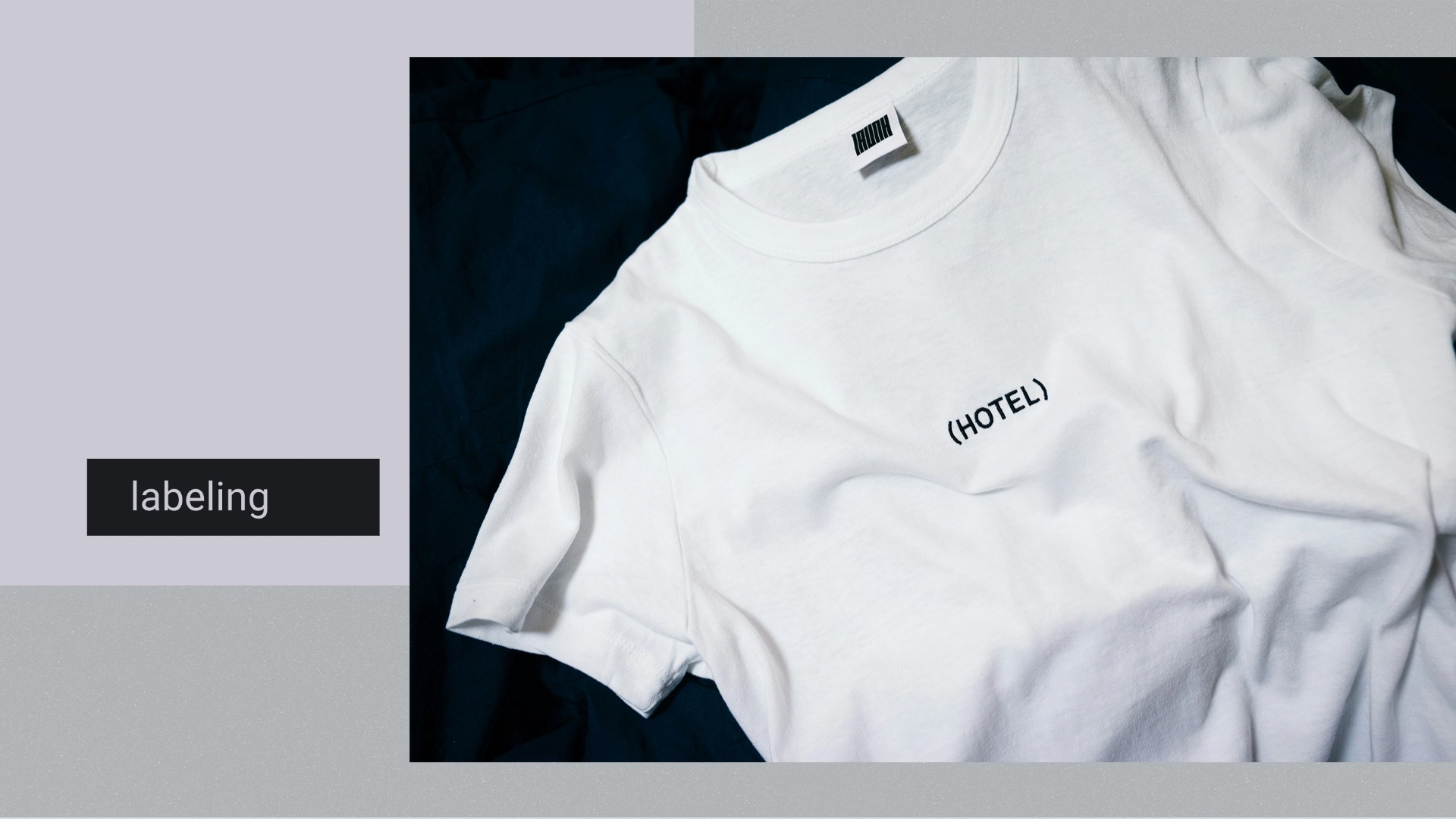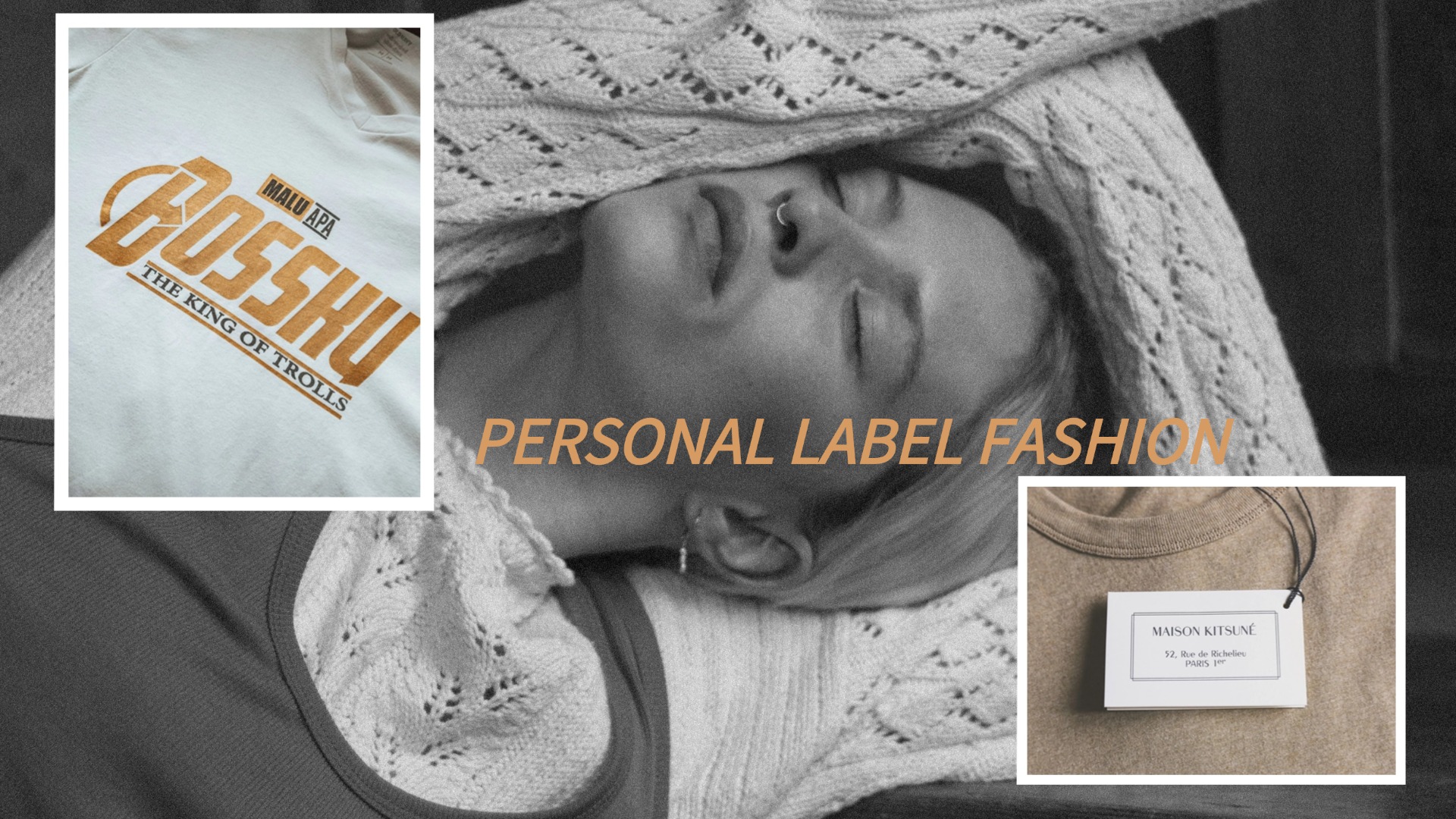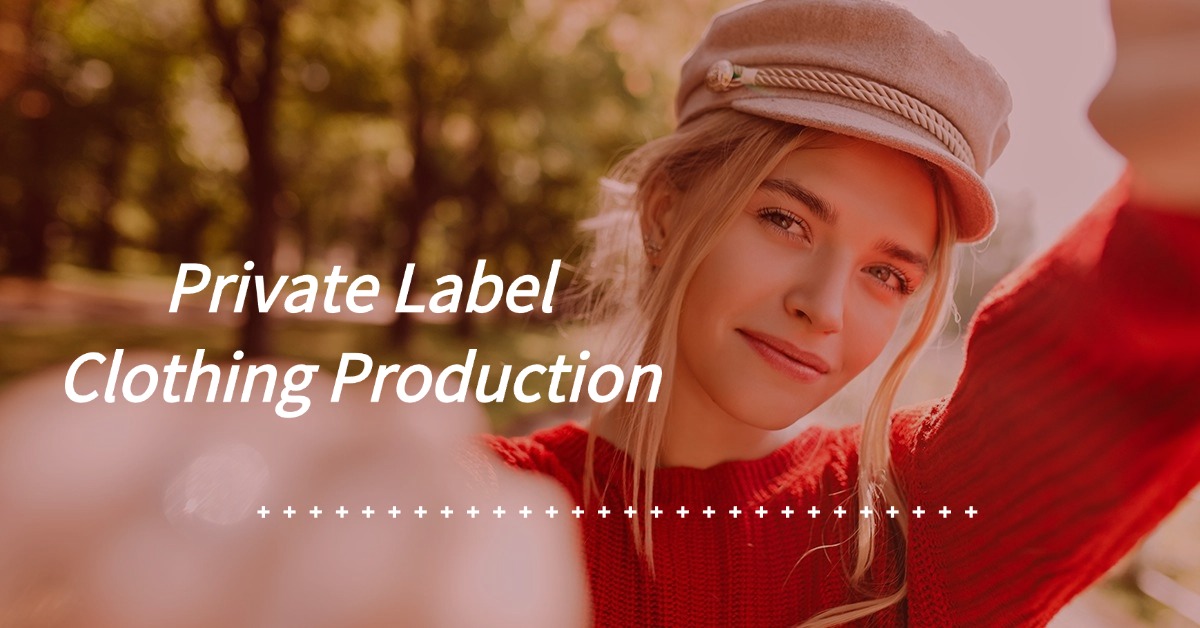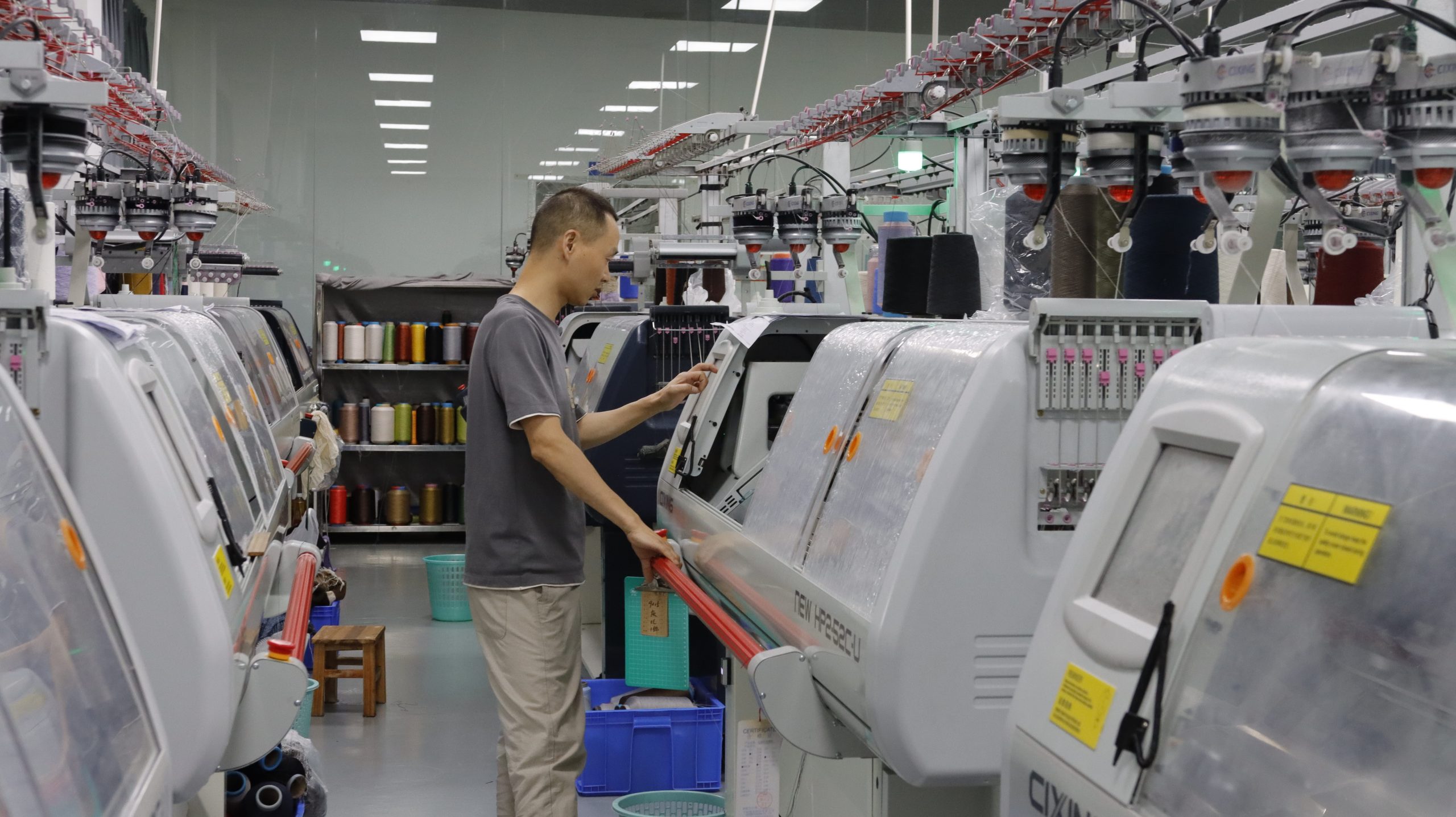Private label clothing production provides retailers with a chance to develop a brand on their own, without necessitating the creation of a new product. It provides the potential for growth as a company and allows control over the appearance and style of the product, but it is not without risk.
By fully comprehending the terms, processes, pitfalls and benefits, you can more effectively decide if this is the route you want to travel.
Review our concise guide to private label clothing manufacturing and the benefits it could have for your business.

An introduction to personal label fashion
As previously mentioned, private labeling is the process by which companies create products that are then marketed by another company under their own brand. These products are typically common style items that can be easily altered with brand logos and label components.
During the manufacturing process, your brand logos are incorporated, and the items become part of your brand’s composition. Essentially, this is how large business operates, but they typically own and control the factories in production. In individual labeling, you are subcontracting the production of clothing to another company, which then distributes the clothing to you.
Developing a brand increases the weight of your design, and the name of your brand is associated with the creation of your clothing. It allows you to stand apart from other products that aren’t branded, this potentially grants you individual design rights.
Some retailers sell third-party products and have their own lineup, which increases the potential for sales when you have a larger variety and, not everyone likes to own large brand clothing because of reasons that are natural.
One of the most significant participants in private label clothing is Amazon. It alone had a success on Prime Day in July of 2018, the single most popular day of the year, and it appeared to utilize its promotions to promote private label products. Other analysts predict that it will be the largest apparel retailer by 2019.
With knowledge of the larger players like Amazon, quality private label clothing that demonstrates the method is viable for businesses of any size.
What are the advantages of private labeling?
Many benefits exist in private labeling, it’s therefore why it’s popular. A labeled item will typically have a higher price than a similarly sized, unlabeled piece, despite your brand’s popularity. If you merchant third-party goods, you will find that they are still quite pricey to purchase, even for wholesalers who are looking to purchase on the mark up. This is why the process of purchasing on the mark up is considered a disadvantage.
With private label products, the prices on your shelf are your responsibility, and you will typically have a larger profit margin. Branding is crucial to the success of a brand, it establishes the brand’s identity and allows for growth. All brands began small, but the ones that eventually achieved success have typically employed private labeling methods in the early stages.
A general retailer will not have the same growth potential. You can augment the current range with new additions, but because they are part of your brand, they have more recognition than adding non-branded items.

Looking for individual manufacturers who specialize in private label products.
All of the above, you may believe that the endeavor of finding a private label manufacturer is frightening. However, it’s possible to accomplish this, and the benefits are present to be taken advantage of.
First, begin by finding a manufacturer that has experience with your product. This might seem obvious, but it’s important. You want to see evidence that they can create clothing with the proper sized and superior quality. Look for a store that offers a compromise between high quality products and affordable prices, as you need to be able to increase the profit margin of your products.
With this said, getting multiple manufacturers to participate in your project is beneficial.
Be sure to talk about issues like the minimum order quantity, whether or not they have a discount for bulk orders, the shipping costs associated with them and the problems associated with them, like time frames, liabilities and responsibilities.
Request to see examples of quality and do some research on the internet, horror stories are often published, and you should be able to locate positive reviews regarding apparel manufacturers that are suitable for you.
What you’re seeking is a low defect rate, the odd issue will occur, but they provide any form of quality control or simply label and ship, in this latter scenario, you may need to check before the point of sale.
When it comes to the transport of goods, you also need to assess whether or not you have customs debts and, if so, where they are located. Some packages are shipped door to door, while others are collected at the port.
To simplify the process, Sewport has a novel system that can assist you in finding a private label manufacturer for your brand. Just create an account and begin reaching out to potential partners based on your preferences. You can complete all of the initial investigations, orders, and administrative tasks on your personal platform. Sign up here and find a private label clothing company that is appropriate for your next endeavor.

The following steps…
The bottom line is that private labeling provides a means of progression from re-selling, and provides you with the opportunity to become well-known. It’s both beneficial and hazardous, and it’s something that takes time and consideration before it’s committed to.
You must research all of the topics mentioned and make sure that you have covered every risk. Mitigation, safety and insurance are likely to be new friends, but the benefits are often greater than the risks. As much as possible, learn about them, question them and make sure to check the experiences of others in regards to choosing a manufacturer.

 English
English Deutsch
Deutsch Français
Français Italiano
Italiano Español
Español Русский
Русский Polski
Polski Nederlands
Nederlands Svenska
Svenska

